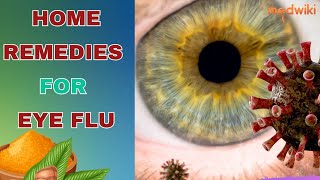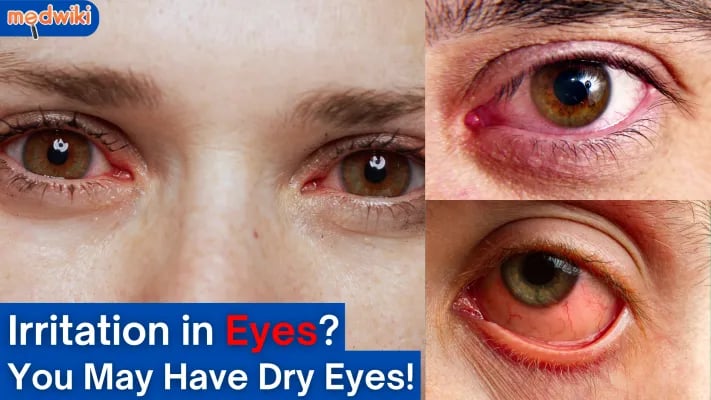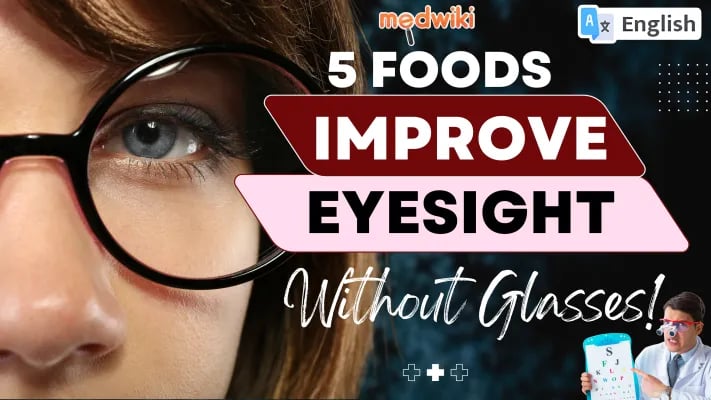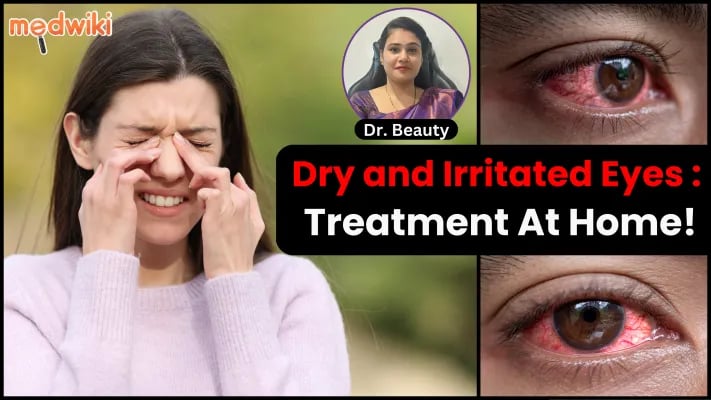5 Simple home remedies for dry & irritated eyes| Treat dry and irritated eyes without any medicine!
Dry eyes means your tear glands in eyes are not producing enough tears to lubricate your eyes. Lubrication of eyes is important to keep the eye healthy.
Dry eyes can be caused due to clogged tear glands or external weather such as extreme heat or too cold and also dehydration.
Here are a 5 home remedies to treat dry and irritated eyes:
1. Try warm compression with a cloth soaked and squeezed from warm water and place it over your eyes. And slowly press the eye edges to eliminate the clogged oils from the tear glands.
2. Blink more when you are working on a laptop and also try to rest your eyes for at least 5 minutes after one hour of computer or screen use. Simply close your eyes after every 1 hour of using screen.
3. you can do is to clean your eyes and eyelids well with baby soap and water to remove all the dirt. It can help remove any irritation and inflammation in eyes.
4. You can increase the intake of Omega 3 fatty acids which can enhance the activity of eye glands and help your eye work better.
5. You can keep yourself hydrated that helps to maintain the moisture in your body including eyes. Try drinking 10-12 glasses of water each day.
Source:-
1. Prinz, J., Maffulli, N., Fuest, M., Walter, P., Hildebrand, F., & Migliorini, F. (2023). Honey-Related Treatment Strategies in Dry Eye Disease. Pharmaceuticals (Basel, Switzerland), 16(5), 762. https://doi.org/10.3390/ph16050762
2. Mittal, R., Patel, S., & Galor, A. (2021). Alternative therapies for dry eye disease. Current opinion in ophthalmology, 32(4), 348–361. https://doi.org/10.1097/ICU.0000000000000768
This information is not a substitute for medical advice. Consult your healthcare provider before making any changes to your treatment. Do not ignore or delay professional medical advice based on anything you have seen or read on Medwiki.
Find us at:


















.svg)